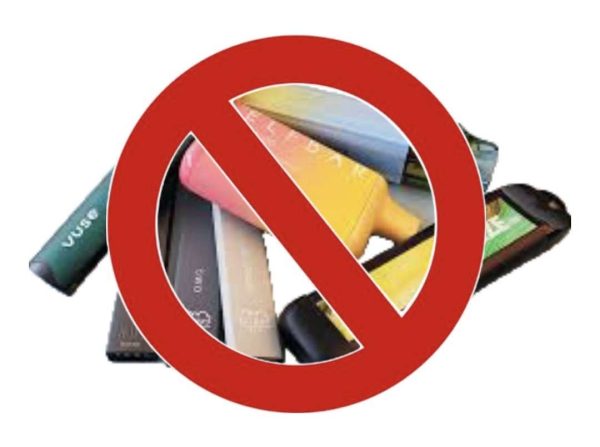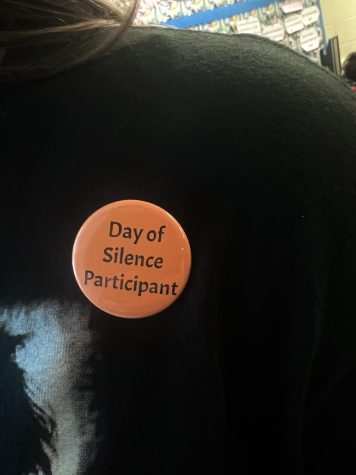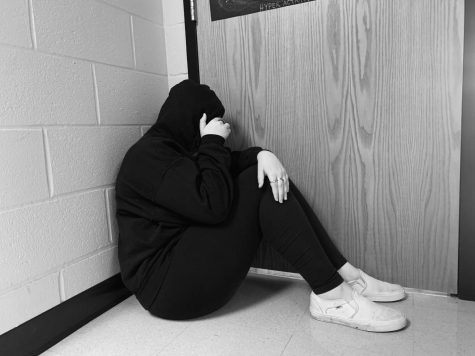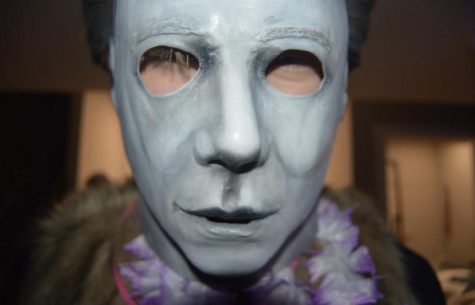Let’s cancel “cancel culture”
September 30, 2020
***Trigger Warning: talks of self harm and death threats
In the social media world, it has become popular for viewers and users to pick certain people to idolize. Whether it be for their modeling, their dancing or singing, or for just being funny, this person usually gains thousands upon thousands of followers and can be recognized by almost anyone who uses the app. They typically create a large fan base and from there they expand. But what happens when your favorite TikToker’s racially insensitive tweets from 2012 resurface? How about when they are “exposed” for bullying someone they went to school with? It leaves a lot of fans angry and feeling betrayed.
This is where the concept of “cancel culture” comes from. According to Dictionary.com, the term “cancel culture” refers to “the popular practice of withdrawing support for (canceling) public figures and companies after they have done or said something considered objectionable or offensive.” Cancel culture is generally discussed as being performed on social media in the form of group shaming.” While it does include people unfollowing and calling out creators or companies, it also can include users leaving hate-filled comments and death threats.
Many believe that if someone is willing to put themselves out there to such a large population, they should expect to constantly be criticized and held to high standards. While there might be some truth behind this, it’s important to remember that even though they are famous or a popular creator, they are still a person too and leaving hateful and negative comments would affect anyone’s mental health.
The entire concept of “cancel culture” is very toxic. People will go to absolute extremes in order to end someone’s career. This past summer, a popular creator named Shane Dawson, who was once considered “the king of YouTube,” faced major backlash when he was exposed for past several racist, pedophilic, and transphobic comments and actions. According to Insider.com, it led to him losing over one million subscribers in just two weeks.
Many TikTokers have also been “cancelled” by users of the app. In many cases, creators are “exposed” for racist tweets or comments they made, typically ones they made in the past. The hate had even driven a few TikTokers to inflict long lasting self-harm.
It’s clear that “cancel culture” is a very harmful concept and should not be practiced by any users on social media. It’s important to hold people accountable for their actions, yet tearing them down and completely ruining their lives is taking it way too far. Everyone is human. We all have feelings and leaving/sending such hateful comments and messages can destroy someone’s entire self-image. In order to end “cancel culture,” keep in mind the depth and seriousness of what you are saying before you decide to comment on it.










